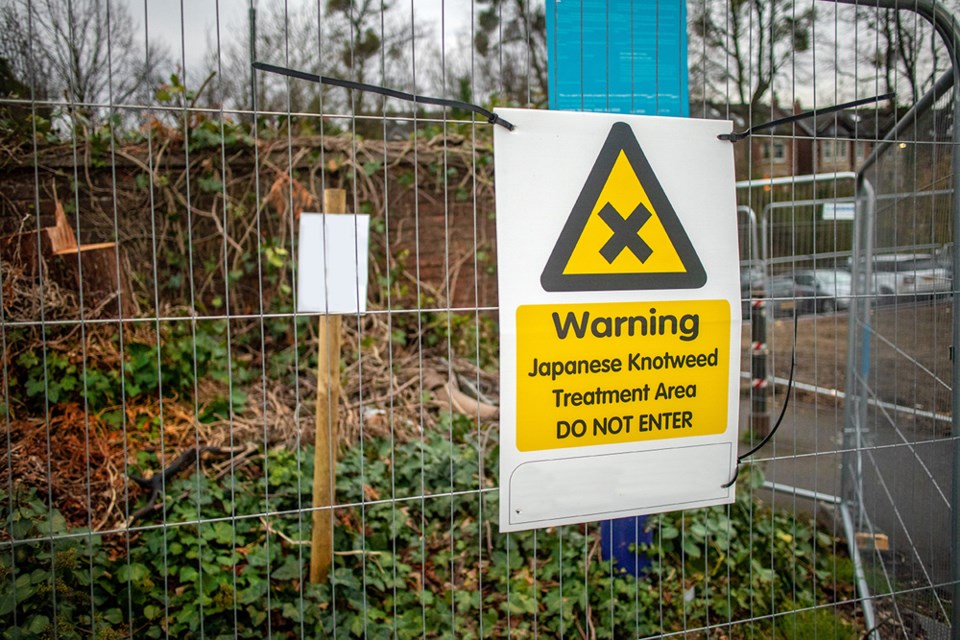Editor:
Re: A MOTI sign on the corner Lower Road notified of pesticide use due to “invasive species” of plant. Yes, this knotweed ought to be cut down, it’s blocking view of oncoming traffic, but the solution is totally wrong.
Glyphosate, the pesticide used on these plants is a “probable carcinogen,” according to the World Health Organization. The compound that was first registered for use as a pesticide in Canada in 1976. It is now the most widely used herbicide in Canada. Better known as Round-Up®, products containing glyphosate are banned for certain purposes in some provinces including Ontario, and internationally in Mexico, Germany, Saudi Arabia, Vietnam and some Californian cities.
In December, Health Canada renewed the registration for the herbicide Mad Dog Plus for five more years. The product, which contains glyphosate, is the most widely used pesticide. In January, environmental and food groups took Health Canada to court over Mad Dog’s renewal, challenging Health Canada’s failure to conduct a rigorous scientific assessment of glyphosate before renewing the approval for a product containing it.
There are many emerging potential risks associated with this pesticide, including impacts on the microbiome, neurodegenerative and reproductive toxicity, adverse impacts on monarch butterflies and ecological harm to freshwater ecosystems that Health Canada has not previously considered, the lawsuit argues.
Is this the best we can do? The plant grows in a ditch that drains water into the soil, into the water downstream. What about when the plant dies? Where does all that pesticide go? The vigorous nature of knotweed, its disposal, although somewhat pesky and requiring some planning, is not worth poisoning our waterways, our soils, our community. It makes me wonder where else is being contaminated on the Coast to get rid of weeds? And how many cases of cancer are caused by this invisible, convenient solution?
Humans can travel in space! Build skyscrapers! And yet, after all we know and can do. . . is this really the best we can come up with?
Caitlin Hicks, Roberts Creek



